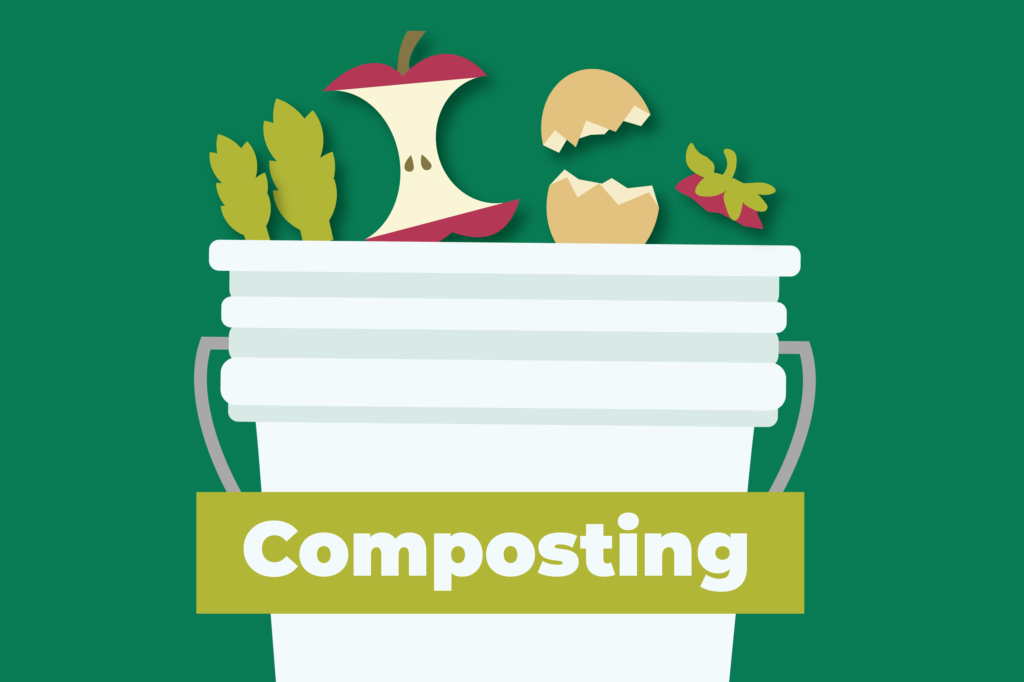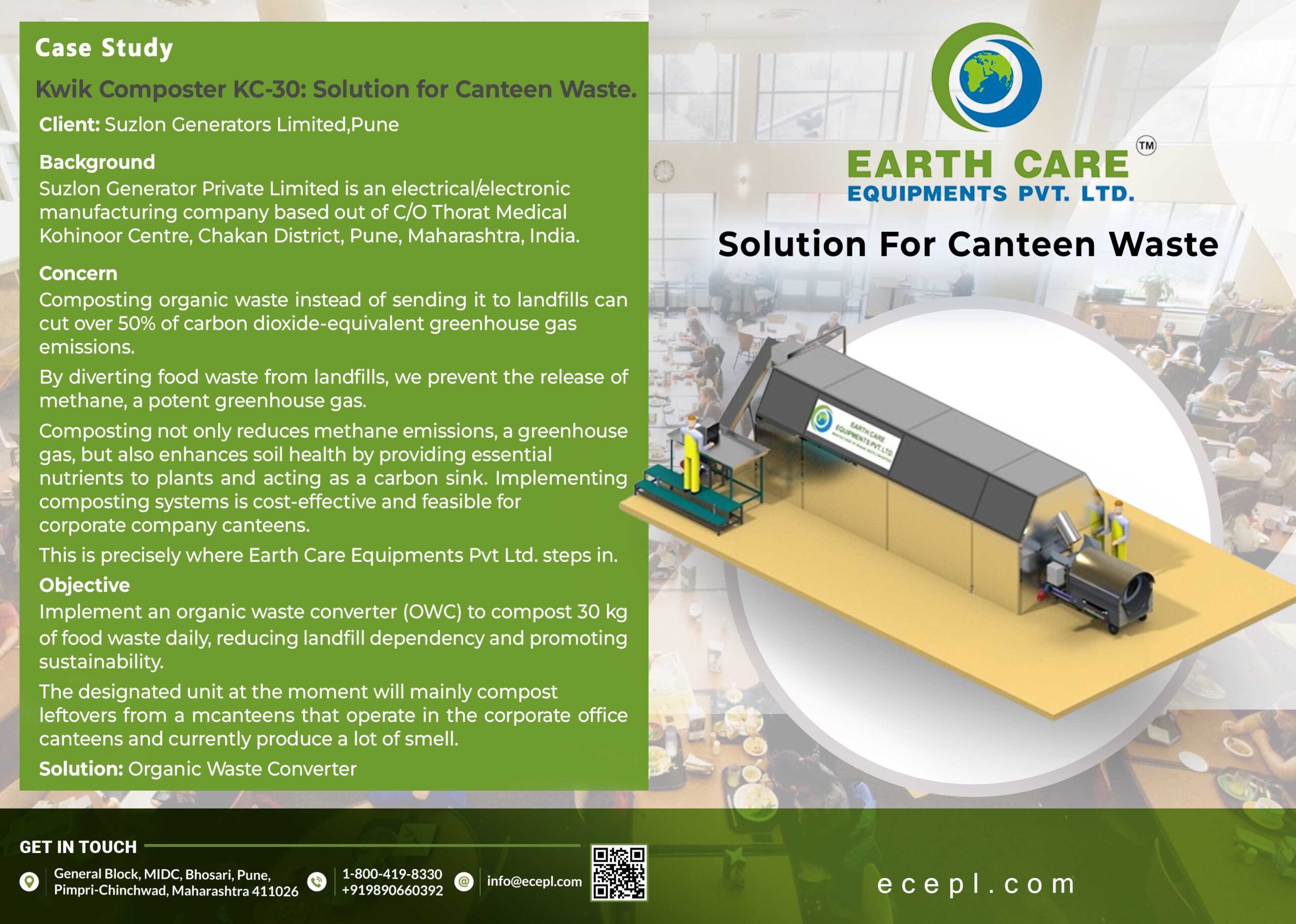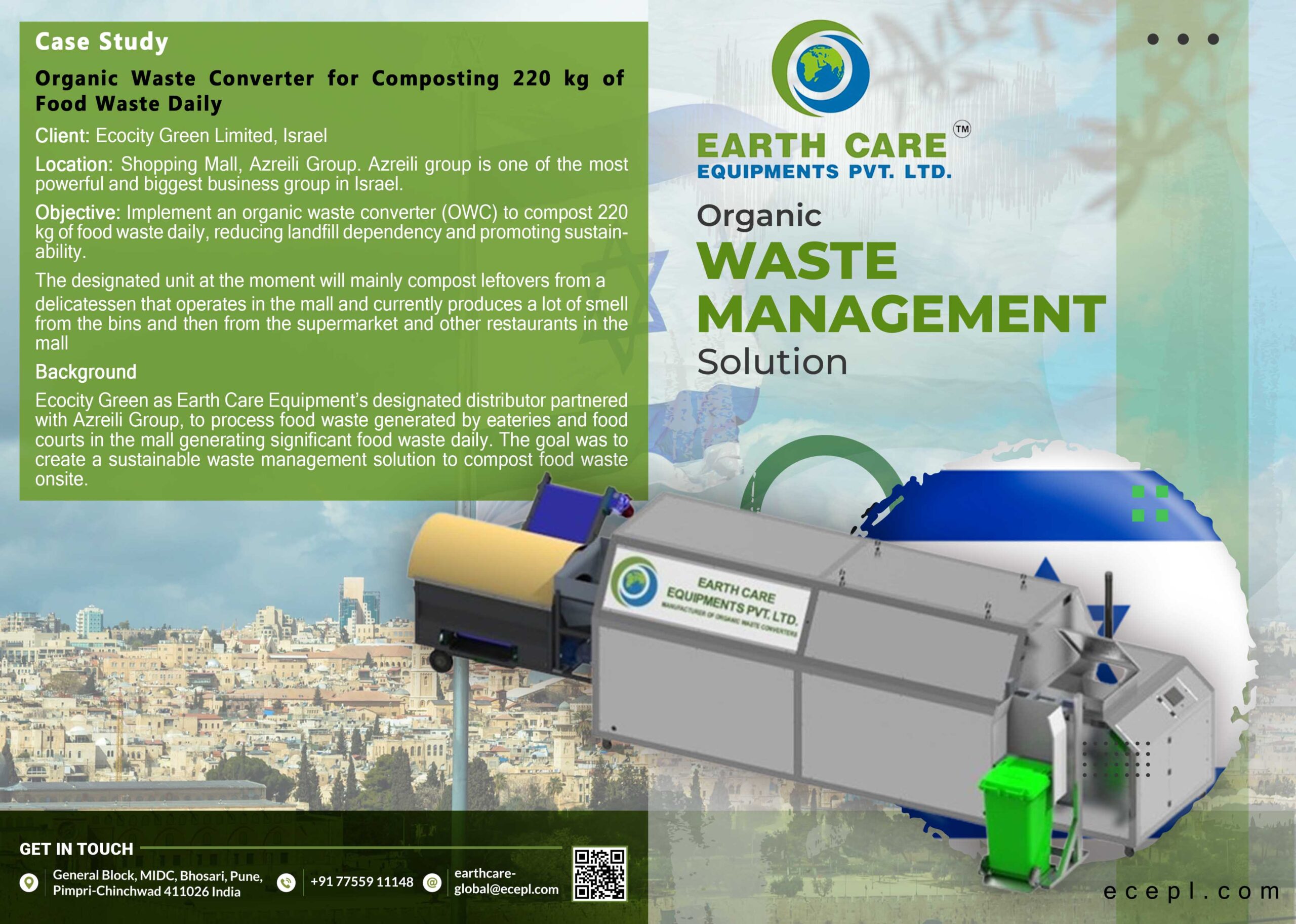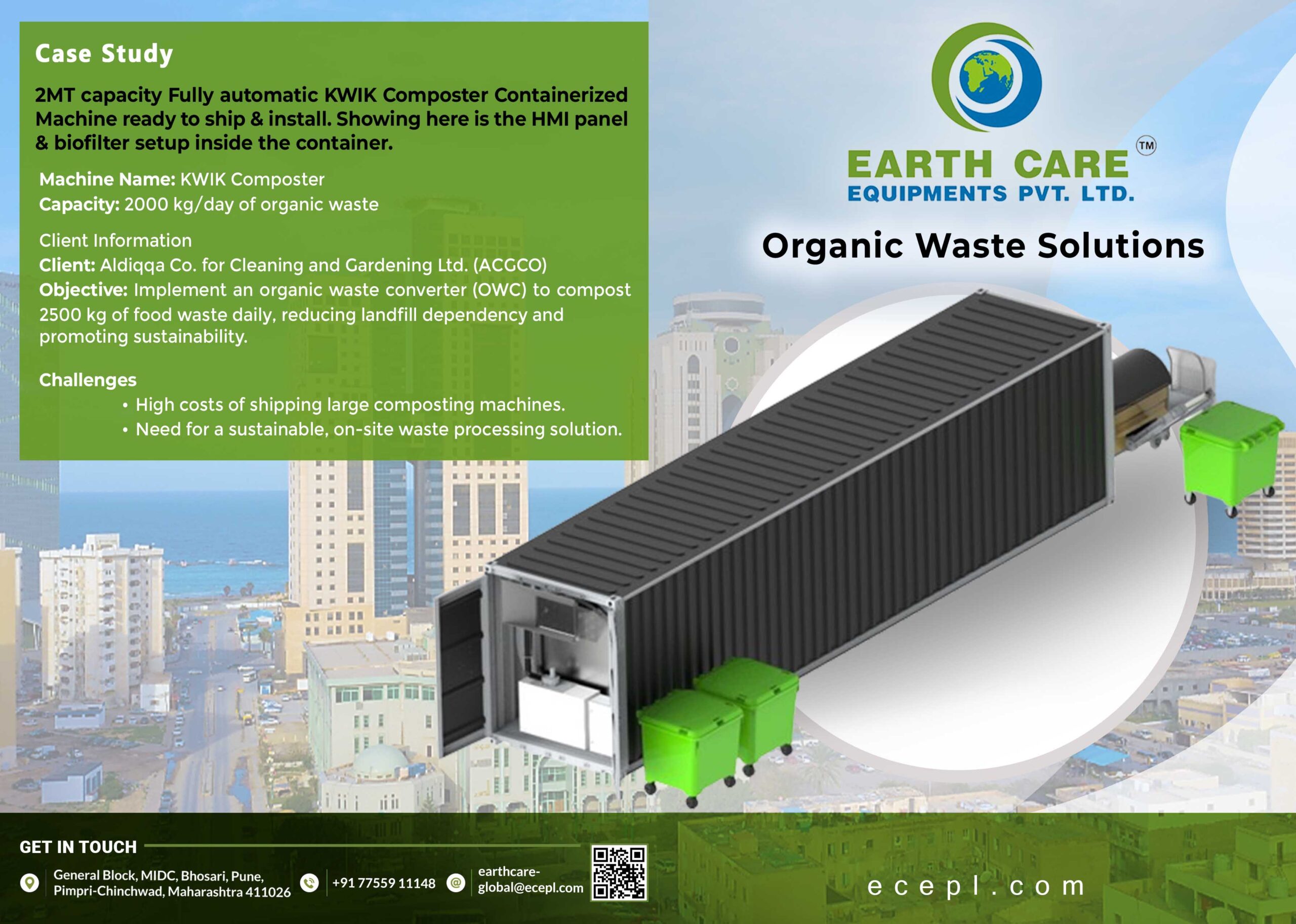
In-situ means in its original place. ln situ bioremediation is the application of biological treatment to clean up hazardous compounds present in the environment.
Treatment of wet waste where it is produced is observed. Composting is a well-known method for treating wet waste in place.
Composting:
What is lt?
Under carefully controlled circumstances, the biological decomposition of organic matter such as leaves, food scraps or yard waste results in soil conditioning as compost and hence forms a proficient fertilizer This is how composting is processed and it is a completely natural process.
Every organic material eventually rots or decomposes. Compost can be utilized in agriculture, horticulture, and gardening since it is nutrient-rich.
Why Composting?
Solid Waste management is of utmost importance for the good health of the environment and human beings. Composting is a major process of waste conversion. Here are some benefits of composting
- Prevents Soil Erosion
- Assists in Stormwater Management
- Promotes Healthier Plant Growth
- Conserves Water
- Reduces Waste
Why A HSG Society or Establishment Should Process Wet Waste ln-Situ:
ln India, cooperative housing societies have been around for many years. They are essential in helping a heap of individuals to find cheap housing options. These societies are housing societies (HSG Society)
Bulk waste generators (BWG).
All HSG societies and commercial establishments must follow Swachh Bharat Mission (SBM) criteria. Other establishments that produce more than 100 kg of waste per day should process their own wet waste onsite and solely send the dry waste to the PMC system. These types of HSG organizations, businesses, hotels, etc. are referred to as bulk waste generators.
It is more environmentally responsible to process the wet waste at the point of generation itself rather than transferring such large amounts of waste and using energy to do so.
Wet waste is essentially composted reducing the volume to one-third.
Why A Citizen Should Process Wet Waste ln-Situ:
Composting at home is simple, highly inexpensive, and doesn’t cause a foul smell or any other problem Composting is made easier by several readily available straightforward products.
You can help Pune and the rest of the globe become more environmentally friendly and sustainable by digesting your wet trash.
THE CONTRIBUTION OF A FEW CITIES TO A HEALTHY ENVIRONMENT IS MENTIONED BELOW:
Municipal head requests notification for the same in a letter to UDD.
Few people are abiding by the requirements, even though the civic authority has published multiple circulars urging city bulk-waste generators to start composting. To address this, the Bruhat Bengaluru Mahanagara Palike wrote to the Urban Development Department pleading with it to publish a gazette notification making in-situ composting required. Too many more have done the same.
More than 35-40% of the city’s waste are produced by bulk waste generators. For generators of bulk trash, in-situ composting is required by the Solid Waste Management by-laws. Officials have acknowledged that many people are not participating in it because there was no notification(SWM). If they do not have the space for in-situ composting, these bulk waste generators can hire impaneled vendors for disposal.
Conclusion
For a healthy ambiance, managing waste is a must.
Waste management is an urgent issue that necessitates immediate government action keeping in consideration the increasing population which leads to increasing waste. People are unaware of it. lt is critical to educate and encourage people to practice the three R’s: Recycle, reusing, and Reduce rather than produce waste. The practice of producing garbage is too dangerous not only for the current generation but also for future generations. Municipalities and governments should prioritize waste disposal in the first place. individual participation is required.
Due to two decades of economic expansion, India’s trash has changed since 1990. The amount of MSW generated in India is constantly increasing due to the rising population and changing lifestyles. The land is scarce, and public health and environmental resources are valuable. The current SWM quandary in India should be addressed.




